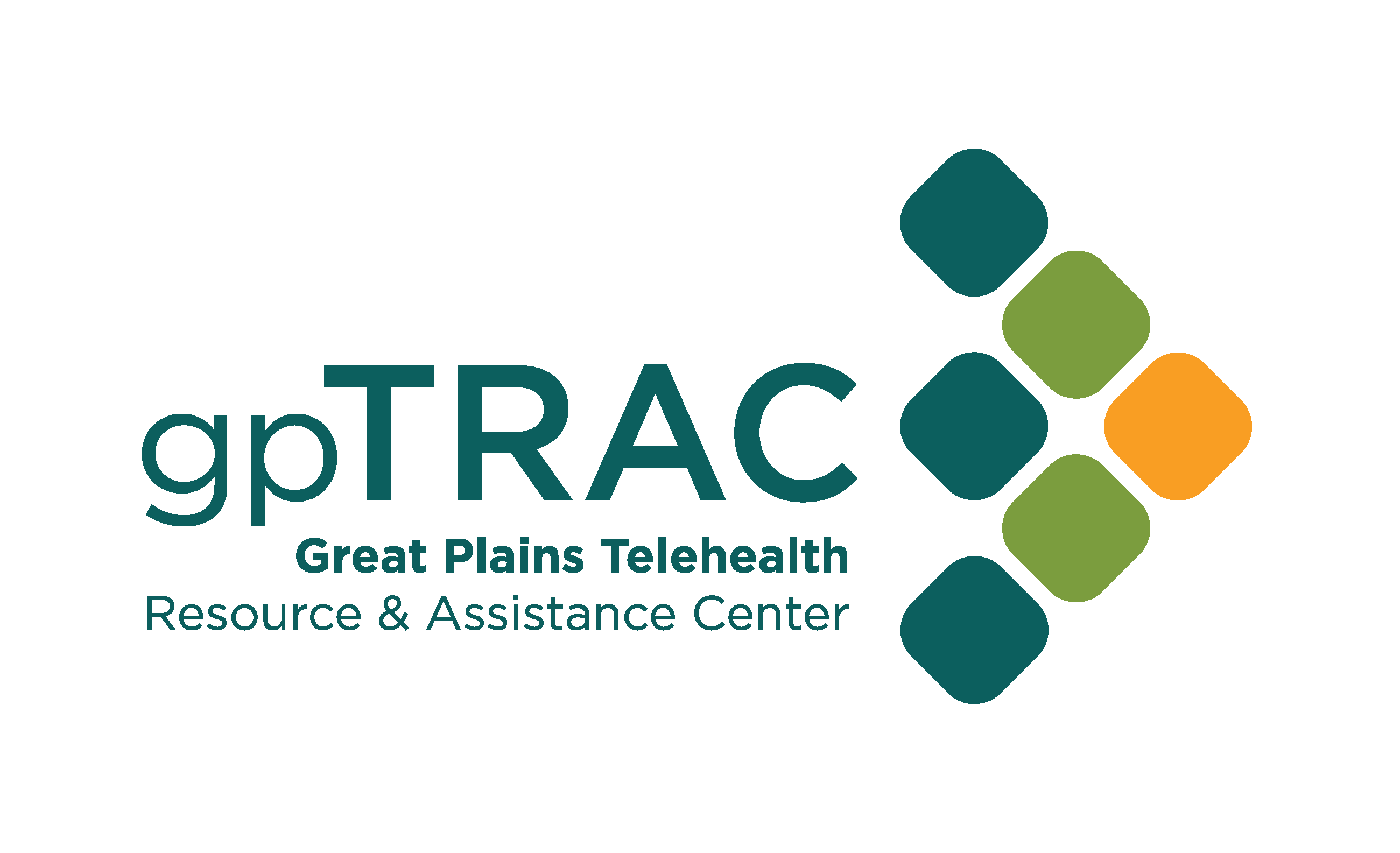As trusted community providers, health centers are uniquely positioned to respond to public health challenges such as COVID-19. Responding to public health threats and natural emergencies are part of health centers’ mission. In the past, health centers have helped respond to threats such as Ebola, SARS, and H1N1. Recently, health centers received $100 million as part of an $8 billion supplement package from Congress. This funding will help support coronavirus surveillance, response, and mitigation efforts. We would like to thank the members of our Congressional delegation, all of whom voted in support of this bill.
To ensure accurate protocols and communication plans are in place, health centers are working with a variety of national and local partners, including the World Health Organization (WHO), Centers for Disease Control and Prevention (CDC), the Iowa Department of Public Health (IDPH), and local health departments and health care coalitions.
To mitigate the risk of spread, Iowa’s health centers are working to educate their staff and patients about how to prevent the spread of COVID-19. While there is currently no vaccine for the novel coronavirus, several steps can be taken to mitigate risk:
- Cover your coughs and sneezes with a tissue or your upper arm/elbow
- Clean your hand frequently with soap and water, washing for at least 20 seconds
- Contain germs by staying home when ill
These steps are also critical to help mitigate the risk of the flu, which remains a public health risk. Patients who are experiencing symptoms such as fever, cough, and shortness of breath should call their healthcare professional. This is especially true for anyone who has been in close contact with someone known to have COVID-19 or has recently traveled to an area with ongoing spread.
For additional information and updates on the developing COVID-19 situation, visit the CDC website’s page on the coronavirus for live updates and more information on the virus itself.


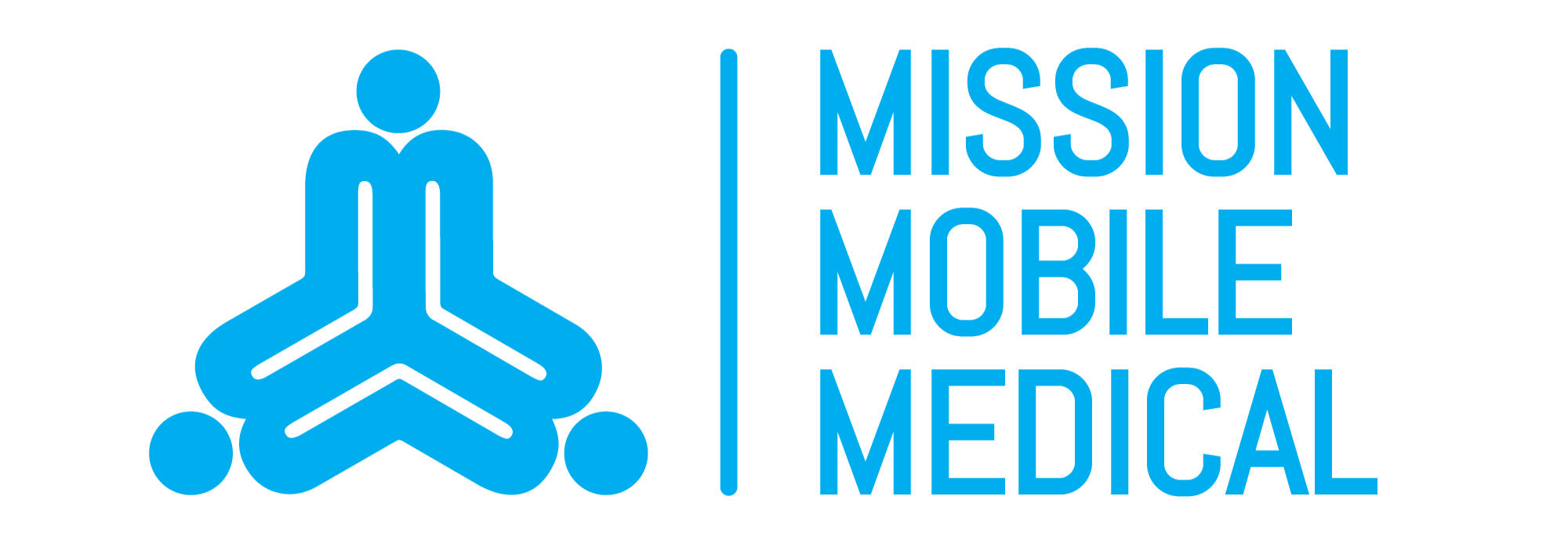

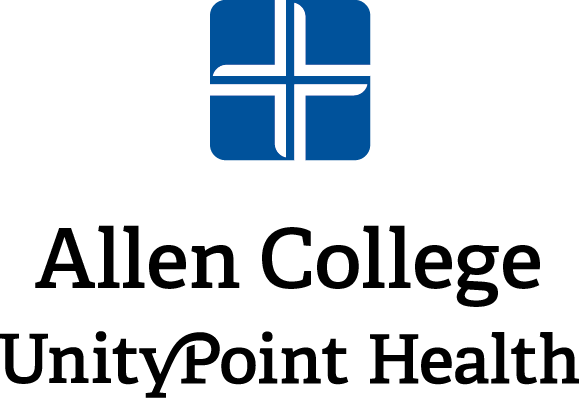






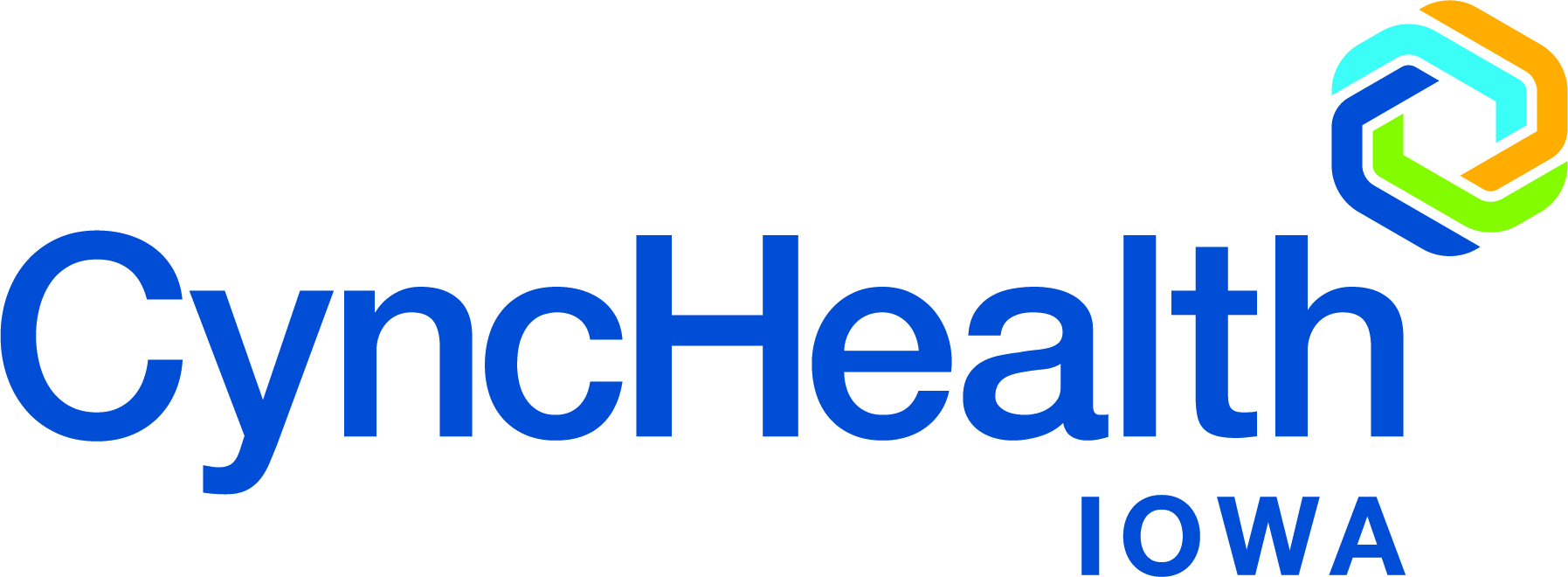

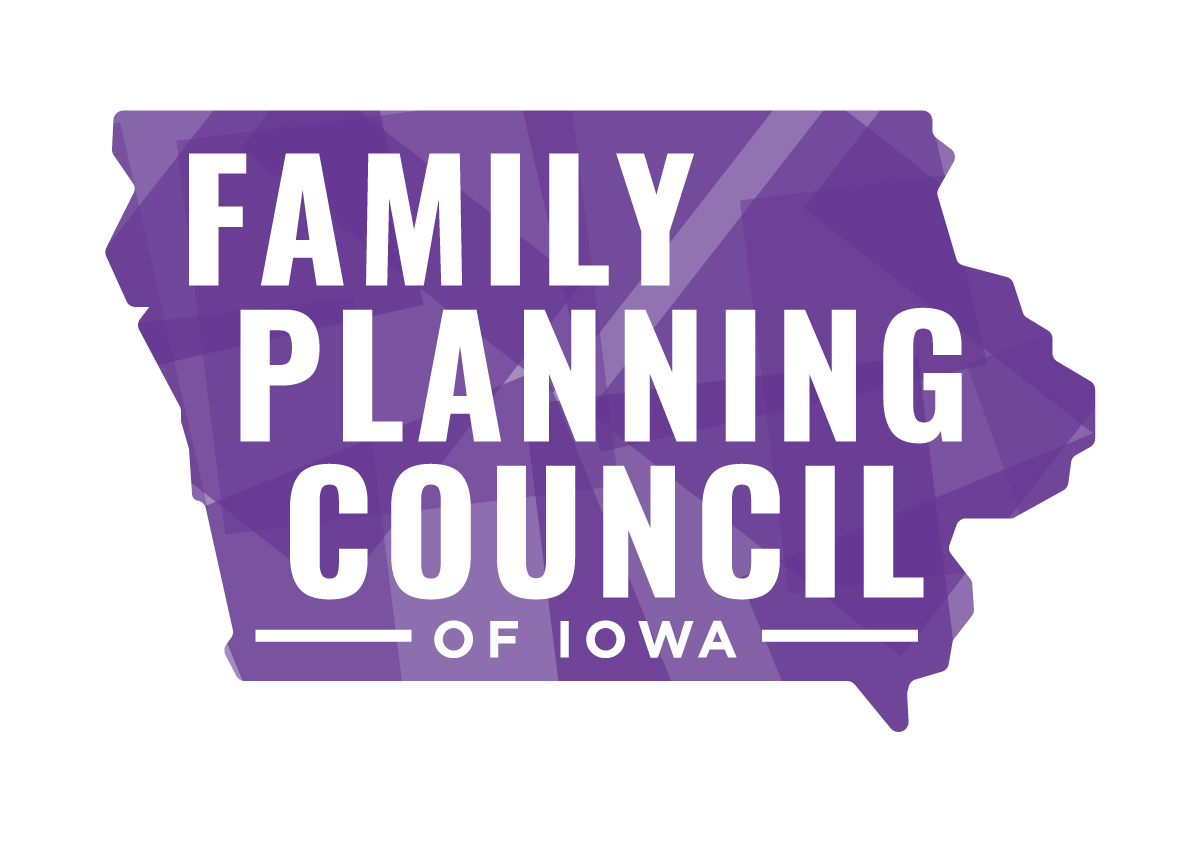




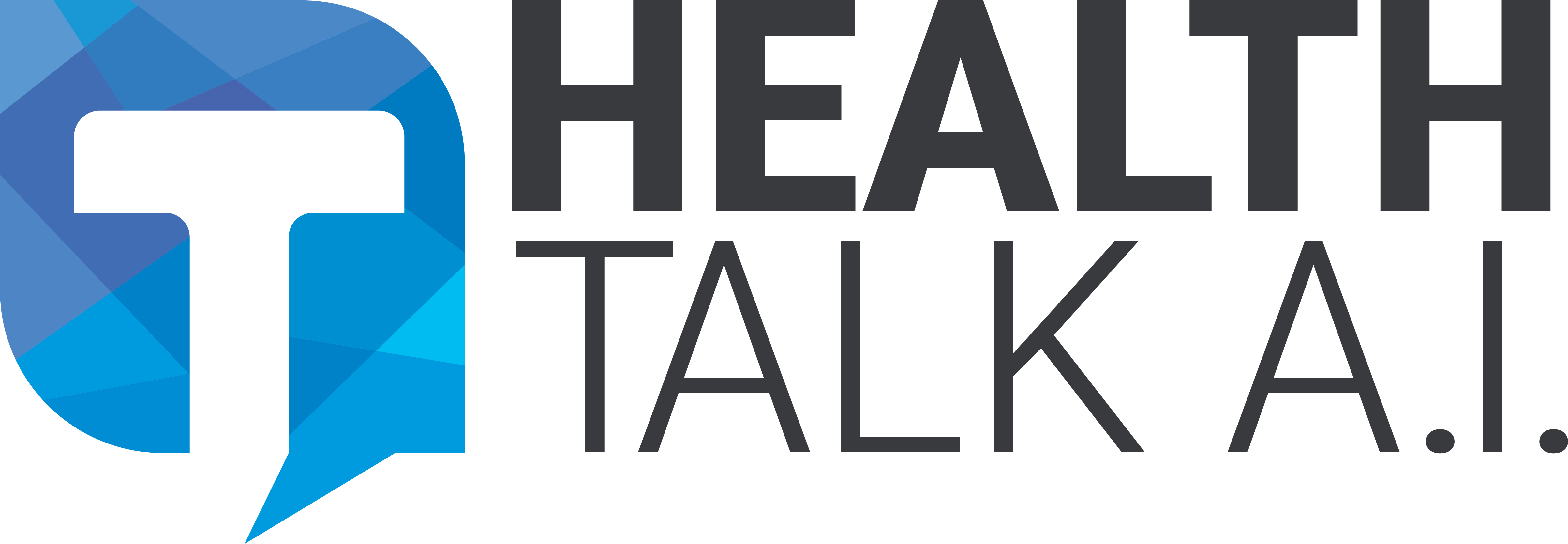
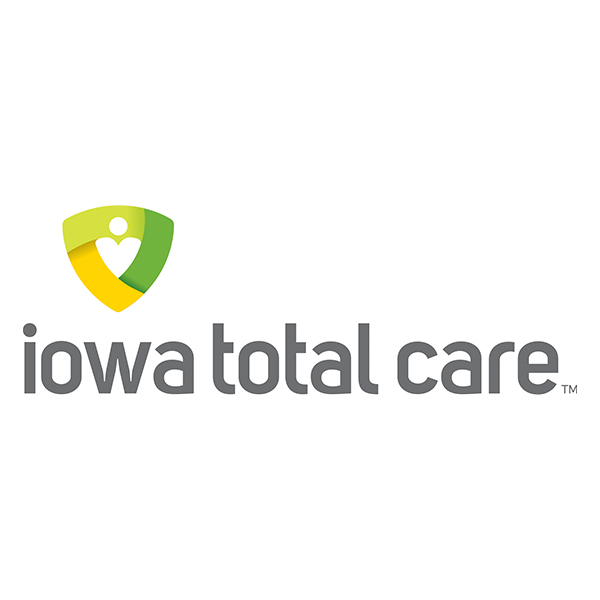




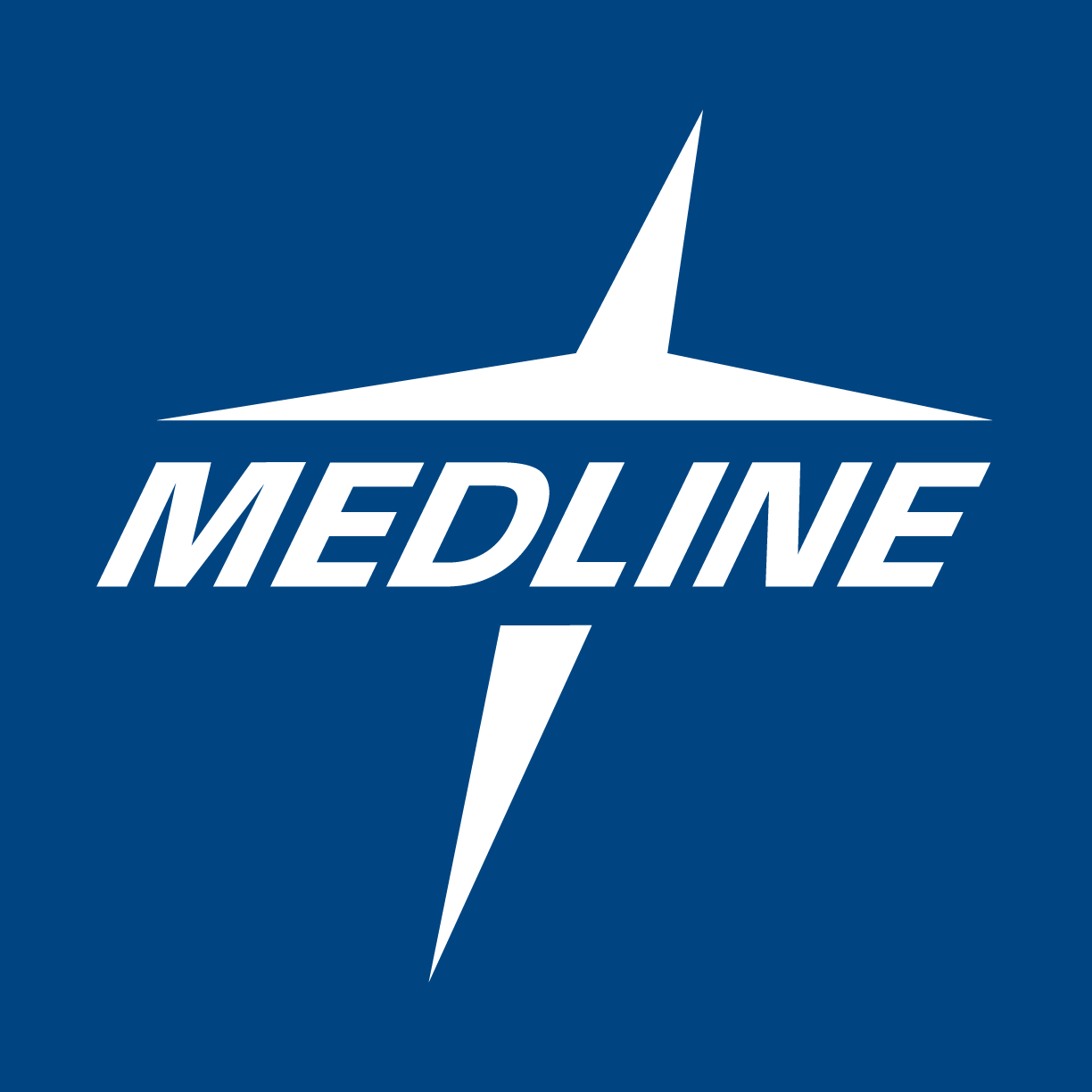


.png)










